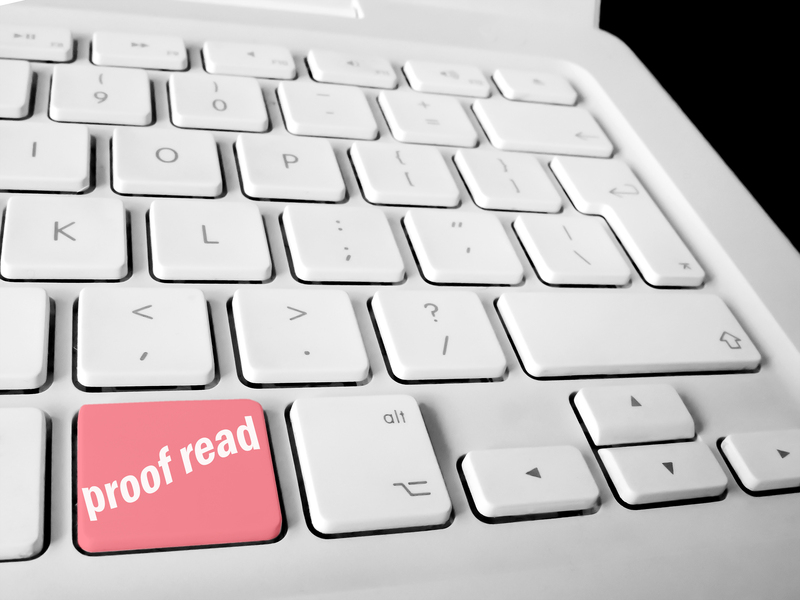Hard Rubbish: Learn Disposal Like a Pro
Discovering the ins and outs of hard rubbish disposal can be challenging, especially if you're dealing with bulk items that aren't a part of regular waste. Whether it's an old sofa, outdated electronics, or worn-out appliances, disposing of these items the right way is essential for maintaining a clean environment and adhering to local regulations.
What is Hard Rubbish?
Hard rubbish refers to bulky waste items that cannot be disposed of in standard waste collection services. These items often include old furniture, mattresses, white goods like fridges and stoves, electronics, and other large household items that have reached the end of their lifecycle.
Understanding the Different Types of Hard Rubbish
- Home Appliances: Fridges, washing machines, and microwaves.
- Furniture: Sofas, wardrobes, and tables.
- Electronics: Televisions, computers, and old gaming consoles.
- Outdoor Equipment: Lawn mowers, barbeques, and decking materials.

Why Proper Disposal of Hard Rubbish Matters
Proper disposal of hard rubbish is not only about decluttering your home. It carries significant environmental, health, and community benefits:
Environmental Benefits
- Prevents improper dumping, which can lead to soil and water pollution.
- Encourages recycling and recovery of valuable materials.
- Reduces the ecological footprint by minimizing landfill waste.
Health and Community Impact
- Minimizes health risks associated with hazardous materials found in electronic waste.
- Avoids clutter that could be a breeding ground for pests and rodents.
- Contributes to community aesthetics by keeping public and private spaces tidy.
Disposal Strategies: Learn Like a Pro
Disposing of hard rubbish effectively requires careful planning and access to the right services. Here's how you can manage your bulky waste efficiently:
Plan Your Disposal
Before you start moving your hard rubbish to the curb, make a thorough assessment of the items you plan to dispose of.
- Assess the Items: Determine what can be repaired, reused, or recycled.
- Sort Your Waste: Organize items into categories such as electronics, metals, and textiles for easier disposal.
- Check Local Schedules: Verify when your council or relevant authority offers bulk waste collection services.
Reuse and Recycle
Whenever possible, opt for reuse and recycling. Here are some tips:
- Donate Usable Items: If the item is still usable, consider donating it to local charities or thrift stores.
- Recycle Electronics: Look for e-waste recycling programs available in your area for electronics.
- For large furniture, see if recycling centers accept dissembled parts.
Utilize Professional Services
Sometimes, using professional disposal services is the most efficient option:
- Junk Removal Services: Hire professionals who specialize in hauling away large items for a fee.
- Skip Hire: Renting a skip bin allows you to dispose of large volumes of hard rubbish at your own pace.
- Council Pick-Up: Many municipalities offer scheduled pick-up services for hard rubbish.

Common Mistakes to Avoid
Improper disposal mistakes can lead to fines and environmental harm. Avoid these common errors:
- Dumping hard rubbish illegally or in unauthorized areas.
- Failing to remove hazardous materials like chemicals or oils from disposal items.
- Taking non-recyclable items to recycling centers.
Conclusion
Disposing of hard rubbish like a pro involves understanding the types of waste, environmental impacts, and the best disposal options available. By taking responsible steps in managing bulky waste, you contribute positively to your community and the planet. As custodians of our environment, it is our duty to undertake every disposal responsibly, ensuring a cleaner and greener future for generations to come.
Share your thoughts and experiences on hard rubbish disposal or any tips that have worked for you in the comments section below!